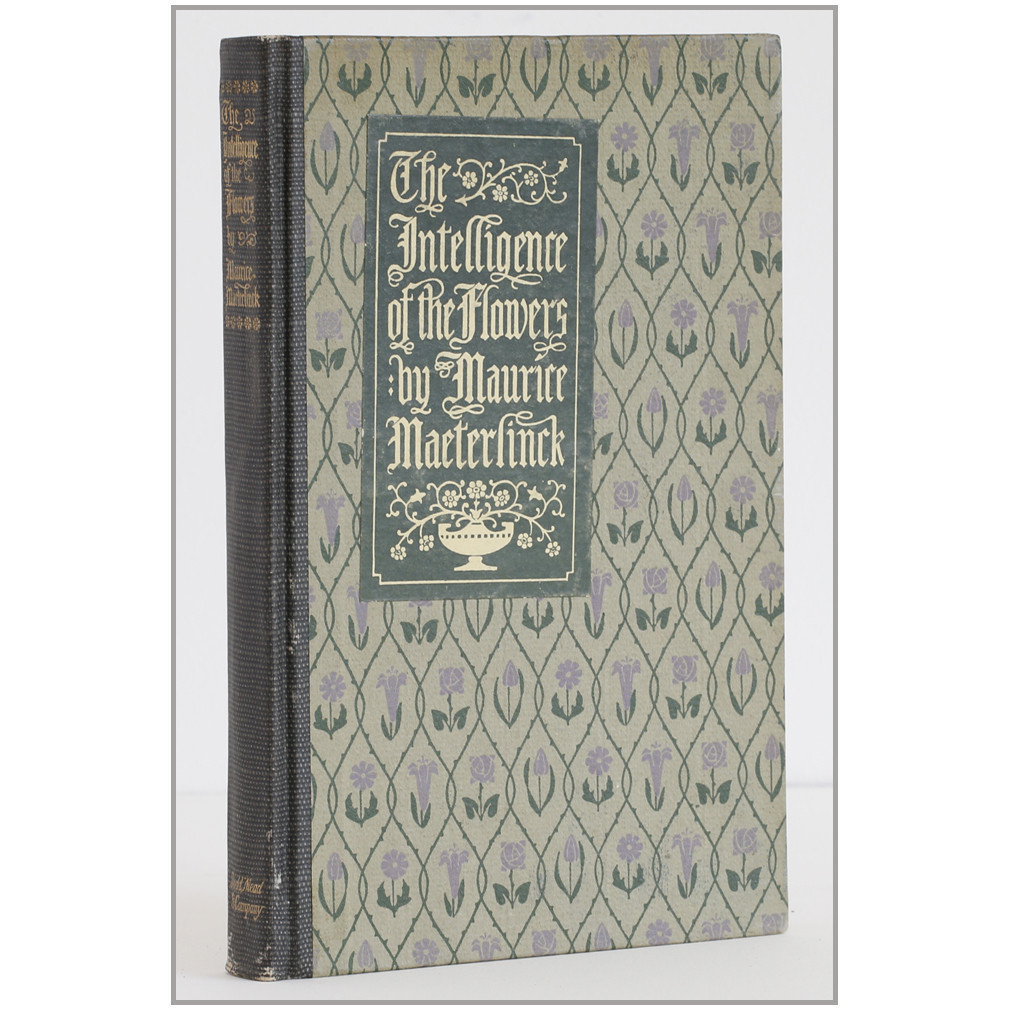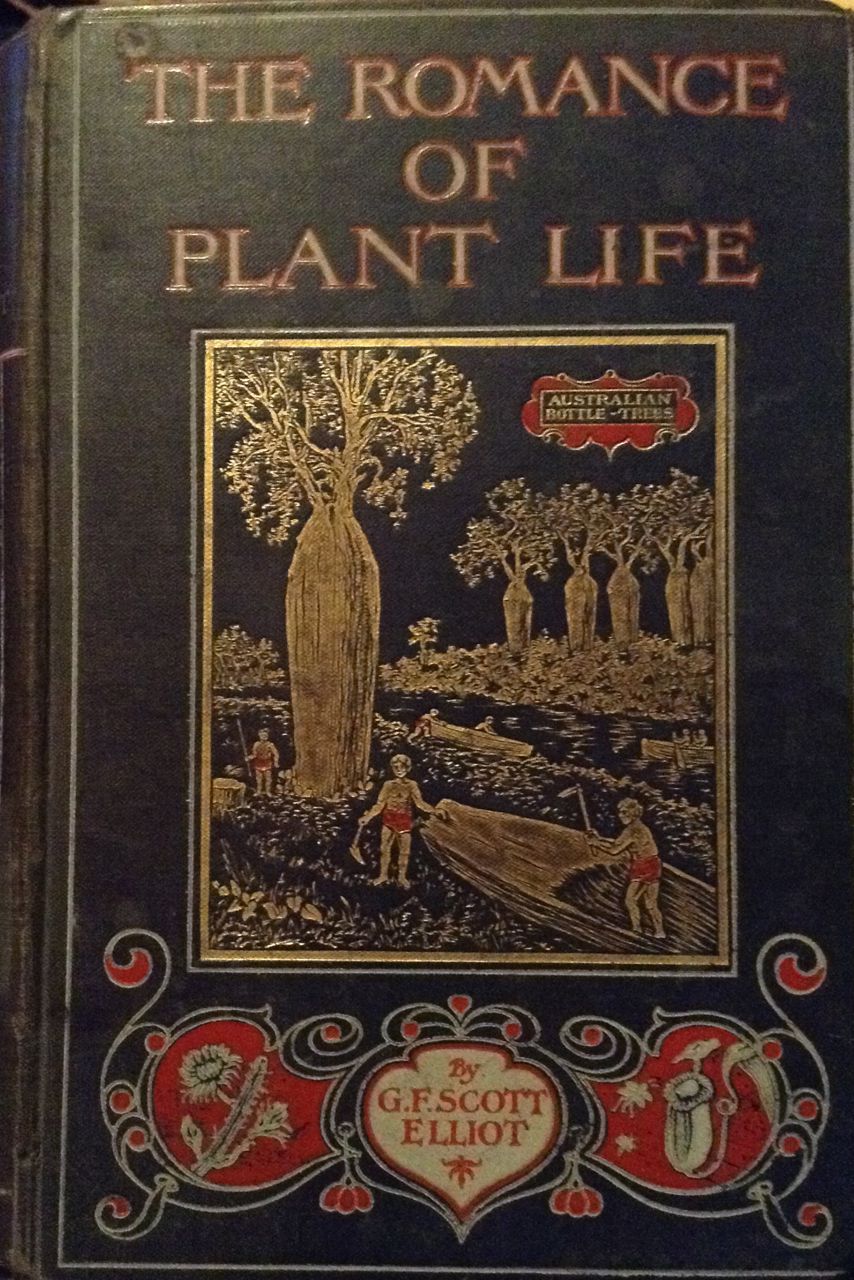We could truly say that ideas come to flowers in the same way they come to us. Flowers grope in the same darkness, encounter the same obstacles and the same ill will, in the same unknown. They know the same laws, same disappointments, same slow and difficult triumphs. It seems they have our patience, our perseverance, our self-love; the same finely tuned and diversified intelligence, almost the same hopes and the same ideals. Like ourselves, they struggle against a vast indifferent force that ends by helping them. The Intelligence of Flowers, translated by Philip Mosely
Artist and performance maker Francoise Belanger mentioned this book on botany to me in relation to my recent The Romance of Flowers posting, The Intelligence of Flowers (1907) by Maurice Maeterlinck (1962 - 1949).
There are two translations available online, the first by Alexander Teixeira de Mattos here on the endlessly valuable Internet Archive.
The second by Philip Mosely, there is a review here.




